Quality Seeds are Planted in Tanzania to Improve Families’ Nutrition
Hunger and malnutrition is prevalent in developing communities, especially in Sub-Saharan Africa. Governments, corporations and NGOs have worked to provide highly productive seeds, practical soil science, cost-effective and environmentally friendly fertilizers, natural pest controls, etc. for smallholder and subsistence farmers – those who farm on extremely small plots and often have limited education. Global Volunteers’ demonstration program in Tanzania is an example of appropriate technology and accessible training to ensure quality seeds are planted to boost families’ nutrition.
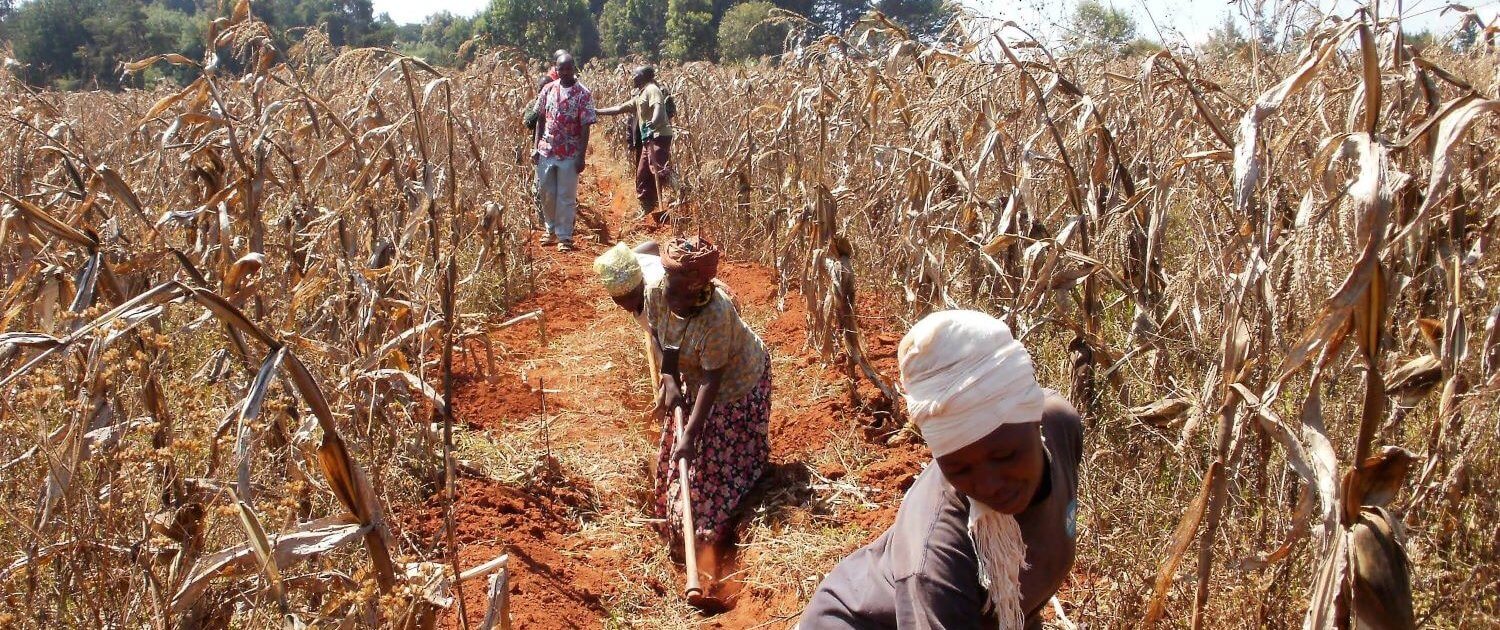
In rural areas of the developing world, the necessary tools, technology, and training aren’t equitably transferred throughout communities, and vast populations struggle with their very survival.
But with appropriate agricultural technology and know-how, hundreds of millions of hungry and malnourished people could grow their own food. Scale, efficiency and financing can block their adoption of these new practices. As explained in Global Volunteers’ Essential Services Prospectus, starting a traditional “shovel-in-the-dirt” garden can cost a subsistence farmer between $300 and $500 USD in the first year. Maintaining the field costs an additional $200 to $300 USD per year thereafter, a major burden in economically impoverished communities. Most families, without outside assistance, can’t overcome these barriers, and generations continue to minimally survive. To break this chain of suffering, food-production technologies must come with adequate funding and education.
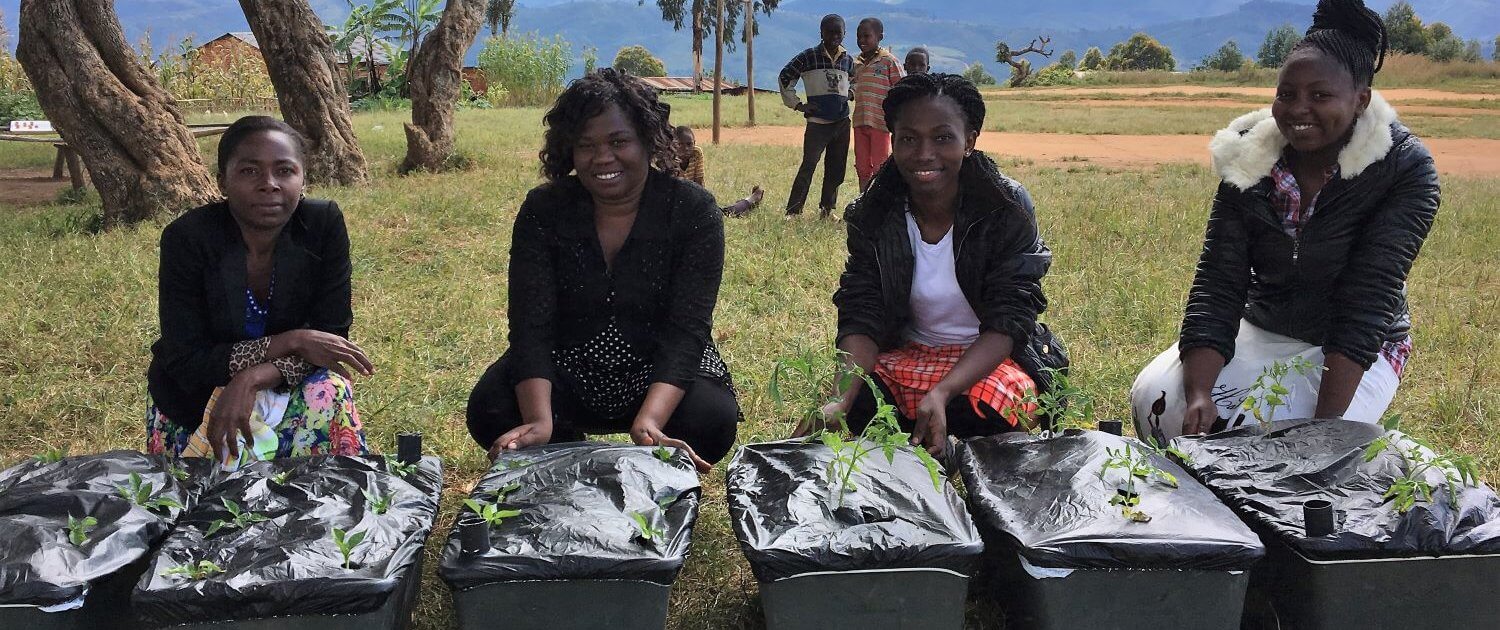
Improved Access for Improved Nutrition
Global Volunteers’ Reaching Children’s Potential Program (RCP) is demonstrating an accessible, cost-effective and efficient solution in Tanzania. Garden boxes financed through volunteers and donors help alleviate hunger, improve food security, and address micro-nutrient deficiencies. In addition, produce from such gardens may someday become a community profit center. The program employs EarthBox® technology, a fairly simple, yet culturally appropriate, garden option. The EarthBox is a self-contained, relatively maintenance-free, gradient gardening system that more than doubles the average yield with half the fertilizer, and substantially less water and less effort than conventional shovel-in-the-dirt gardens. EarthBoxes are also portable, reusable, UV-protected and recyclable, so it can bring year-round gardening to schools and households. Global Volunteers staff and volunteers provide parents with the materials and training for the successful use of the gardens. They grow healthy produce at home along with the crops they grow in their fields. After their successful introduction in Anse la Raye, St. Lucia in 2012, we transferred this project to the RCP Program in the Ukwega Ward in the Iringa District of Tanzania.
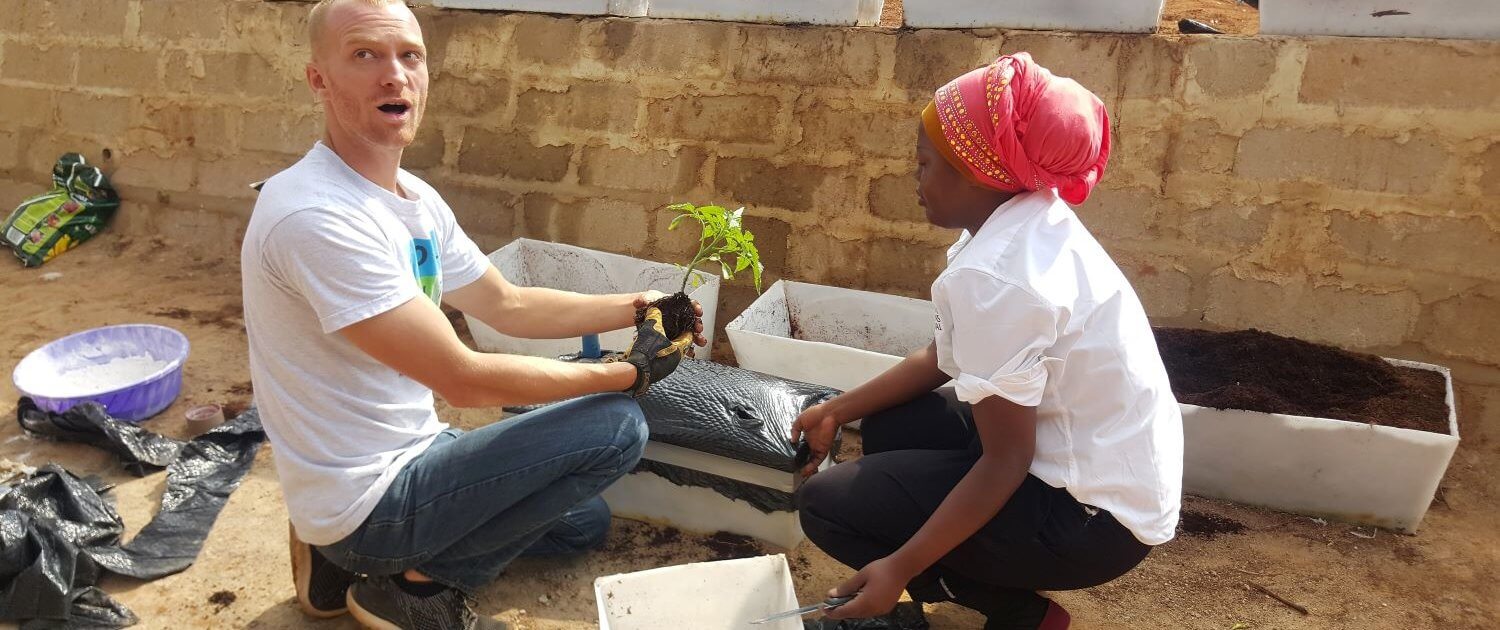
Starting With Success in Mind
Andrew Philbrook, director of the RCP Program, explains that at first, traditional farming had to be re-imagined. “People were planting local seeds that came from their own fields. They’d harvest the seeds when they harvested their crops and retain the seeds for the next season’s crops.” But this practice generally doesn’t produce optimal harvests because the vitality of the original seeds usually diminishes in succeeding crops. Saving seeds from robust crops relies on good drying, storing and cultivating techniques. “Purchased, high-quality seeds typically produce a larger, more reliable crop than local seeds,” Andrew continued. Particularly when the seedlings are grown to plant in the EarthBoxes, “the plants are tolerant to disease and insect problems, and respond better to the application of fertilizer and nutrients.”
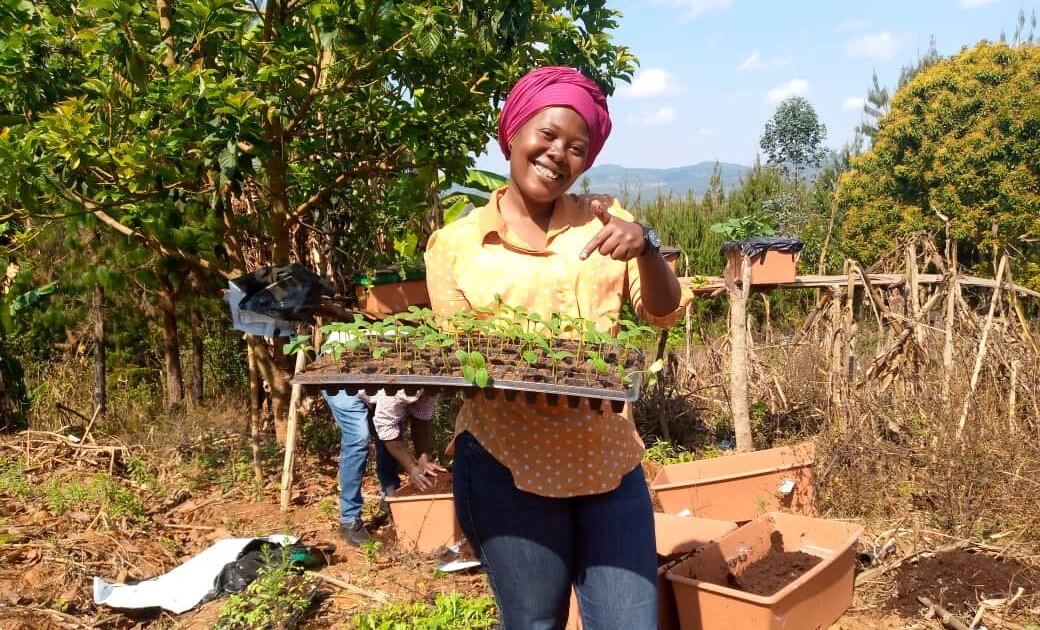
Quality Seeds are Planted in RCP Greenhouse
That’s why only quality seeds are planted in the RCP greenhouse to grow into seedlings and then transplanted into EarthBoxes, Drew asserted. And while this concept was familiar to local families, they didn’t have access to quality seeds for their own farms. So this part of the demonstration project was formative, Andrew said. The seedlings have been optimal for planting since the project started in 2017. “When quality seeds are planted, the seedlings grow strong and vigorous, and families using garden boxes produce a great harvest to supplement their daily ugali meals. The crops grow faster and healthier.”
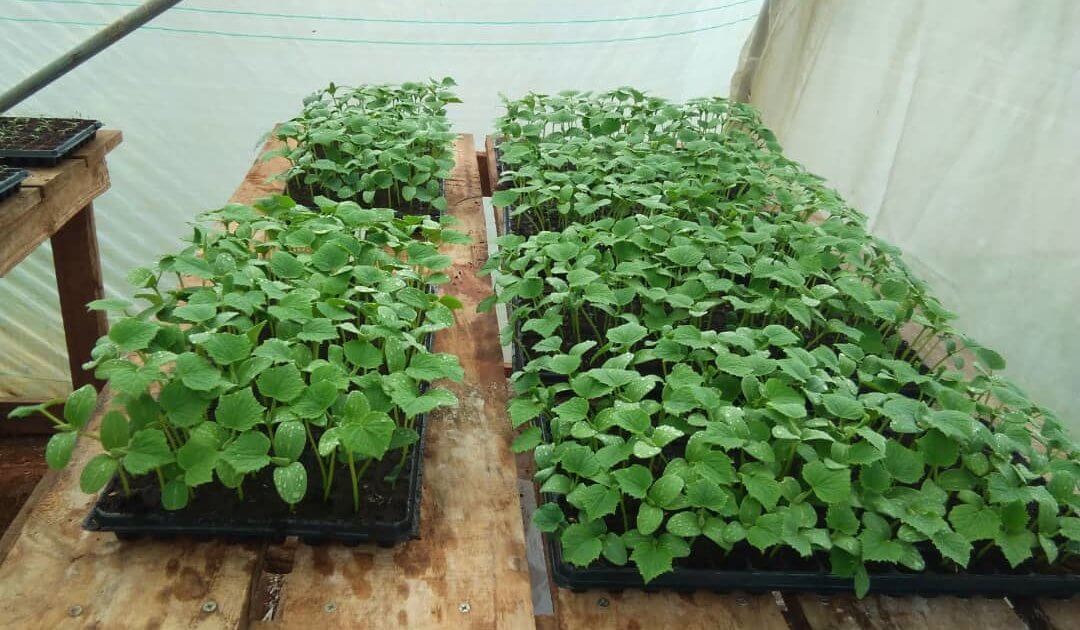
Andrew points out the convenience and reliability of having multiple EarthBoxes at a family’s home. “RCP families have easy access to nutritious vegetables that grow well and quickly right next to them.” Thanks to EarthBox.com, who provides the garden boxes at a discount, donors who help ship the gardens and planting supplies, and quality seeds, hundreds of families in the Ukwega Ward now benefit from improved access to nutrition. Together, Global Volunteers and local parents are planting the seeds of a healthier future – one family at a time.
You may also like:

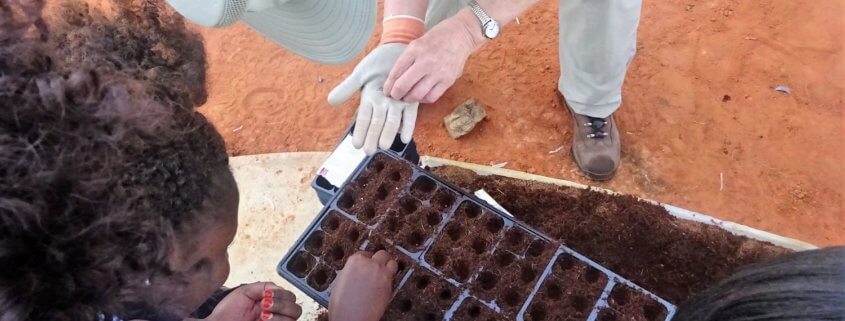


Leave a Reply
Want to join the discussion?Feel free to contribute!